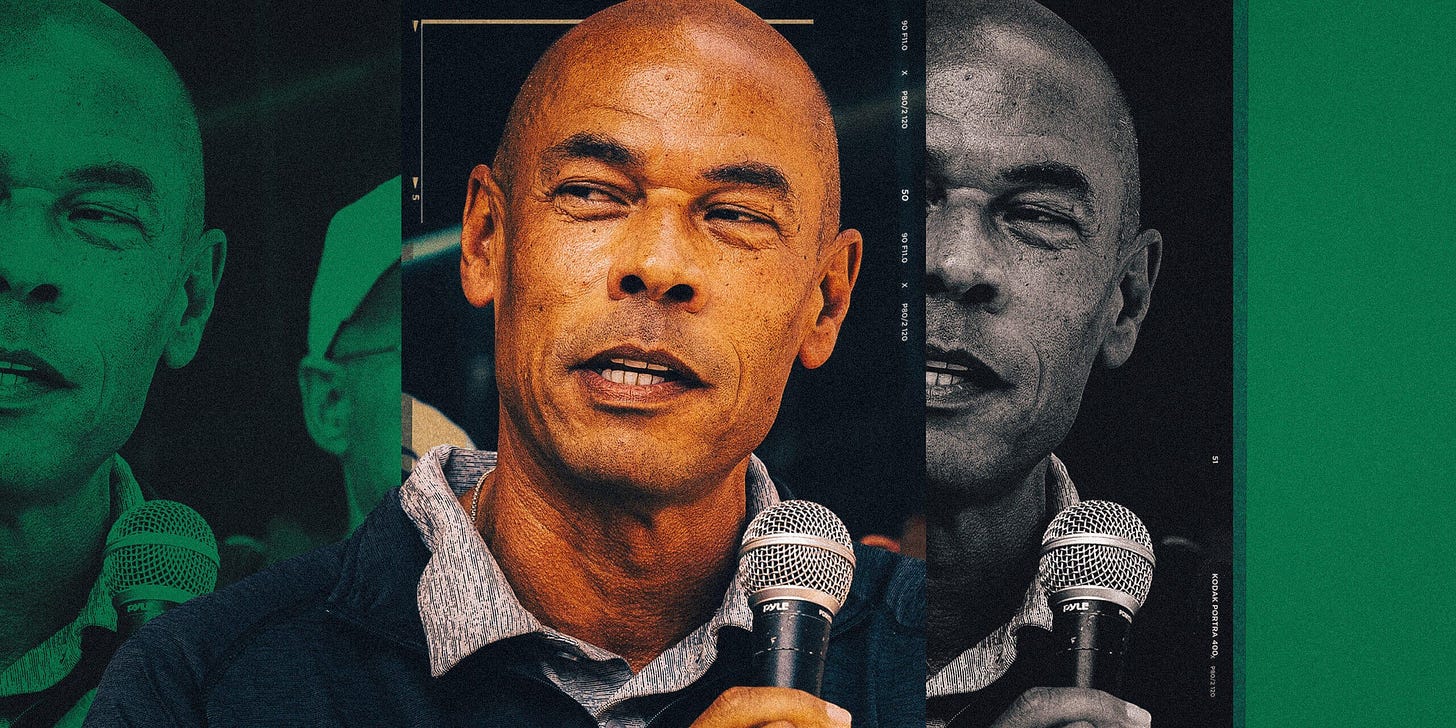Inside the NFLPA’s Reputation Gamble: Is Lloyd Howell Tarnishing the Union’s Cred?
Inside the NFLPA’s Reputation Gamble: Is Lloyd Howell Tarnishing the Union’s Cred?
When Lloyd Howell Jr. was tapped as the NFLPA’s executive director in June 2023, his reputation as a polished business strategist from Booz Allen Hamilton sparked hope. At the time, we imagined a union led with corporate acumen, ready to challenge owners and protect player interests.
Fast-forward to mid‑July 2025, and Howell is in the eye of a storm—a federal probe, secret legal settlements, and whispers of divided loyalties that threaten to unravel the careful façade.
The smoldering embers began with revelations about OneTeam, a licensing venture co-founded by the NFLPA and MLBPA. Federal investigators are reportedly digging into whether union insiders—including Howell—profited improperly from partnership revenues. This looming investigation has already dented the union's credibility, raising serious questions about transparency and accountability.
Then there's the eyebrow-raising link to the Carlyle Group. Howell took a part-time consultancy role with the private equity firm in March 2023, three months before his NFLPA election. Carlyle, notably, had just secured league approval to invest in NFL ownership groups. Critics seized on a potential conflict of interest: could Howell be walking a tightrope between player rights and corporate profit?
Carlyle insists Howell had no access to sensitive NFL-related deal-making, citing information barriers and no direct conflict. The NFLPA was apparently aware of Howell’s dual roles during his hiring, yet that hasn’t stopped the concern—nor the scrutiny—especially after internal voices reportedly urged him to step down.
The second controversy revolves around a collusion arbitration case from January. A confidential ruling revealed league pressure on teams to curb guaranteed player salaries. Instead of empowering players, the NFLPA quietly settled with the NFL and suppressed the ruling. Only after media leaks did the union reveal it would appeal.
The fallout?
A wave of mistrust and accusations that Howell’s NFLPA may now be managing optics more than outcomes.
In an official memo last week, the NFLPA executive committee rallied behind Howell, rejecting suggestions of a mutiny or demands for his resignation. They promised a measured review and reaffirmed their support ahead of next year’s round of labor negotiations. But the tone felt defensive, not visionary. It read less like a confident endorsement and more like union panic-control training by way of boardroom PR strategy.
Here’s the risk: Howell’s critics paint a narrative of the union’s top brass inching too close to the same corporate power they were meant to confront. Clarence must stay clear-eyed here—Perception matters. And if the NFLPA wants to propose an 18‑game season or stand firm in contract battles, it must be seen as free from the influence of private equity cash and hush-money legal tactics.
Yet Howell isn’t disappearing. He’s committed to staying, and unless two‑thirds of the player honchos demand his oust, he’ll stay put. He has the backing of enough voices on the exec committee, and they appear ready to complete the review internally—even as external pressure mounts.
In classic boardroom style, Lloyd Howell Jr.’s saga is a test of the NFLPA’s mettle. Will it emerge as a bastion of player power and accountability, or collapse under the illusion of corporate polish? For now, it feels like a lab experiment in crisis management—and a compelling reason for players to ask: is our union still on our side?




